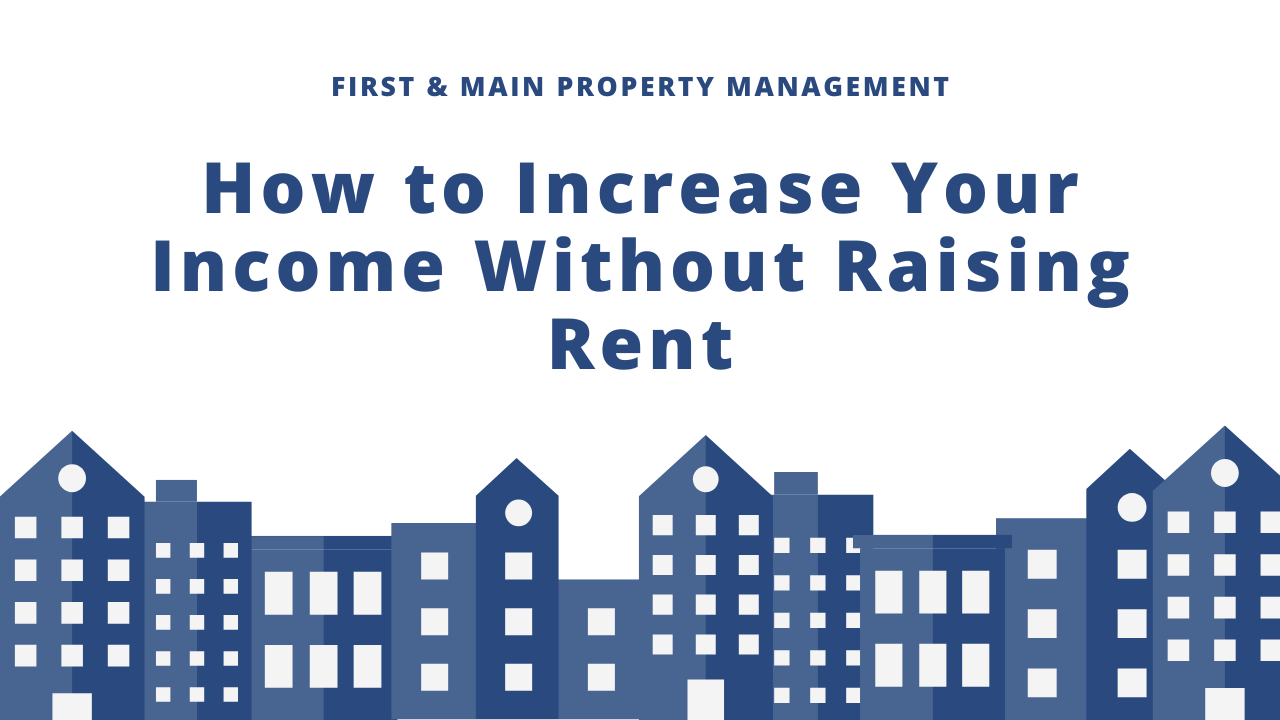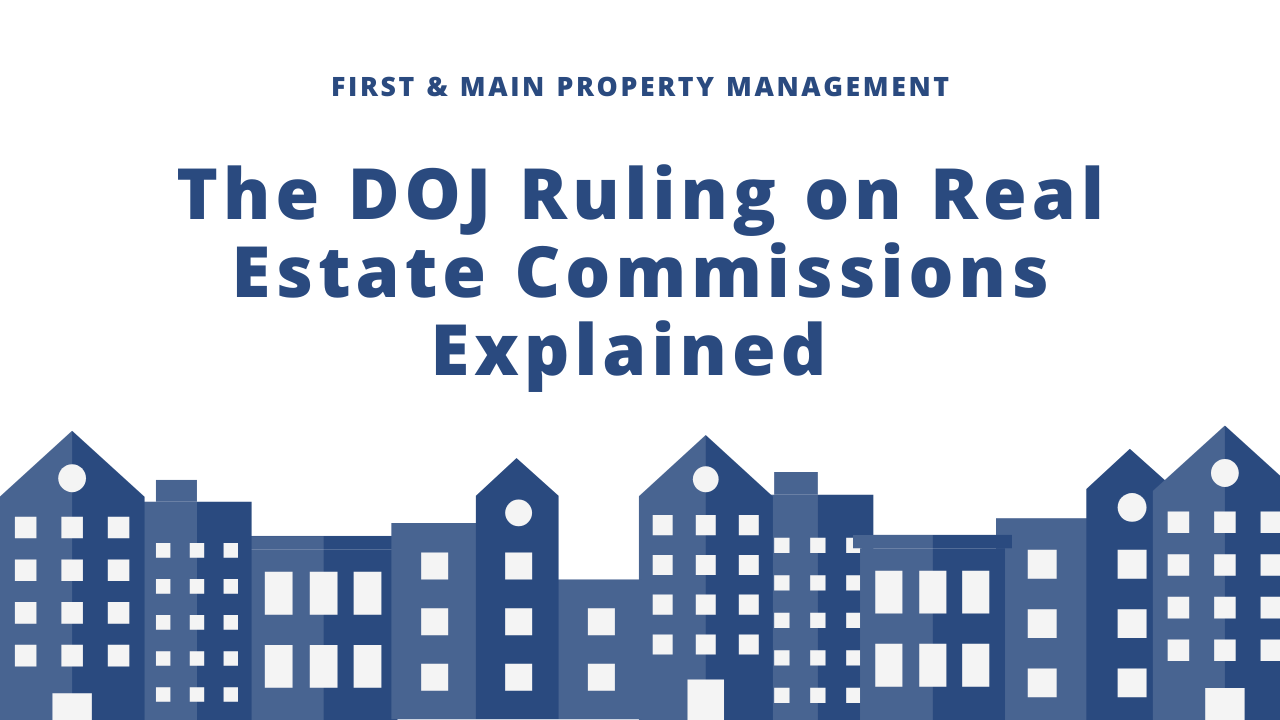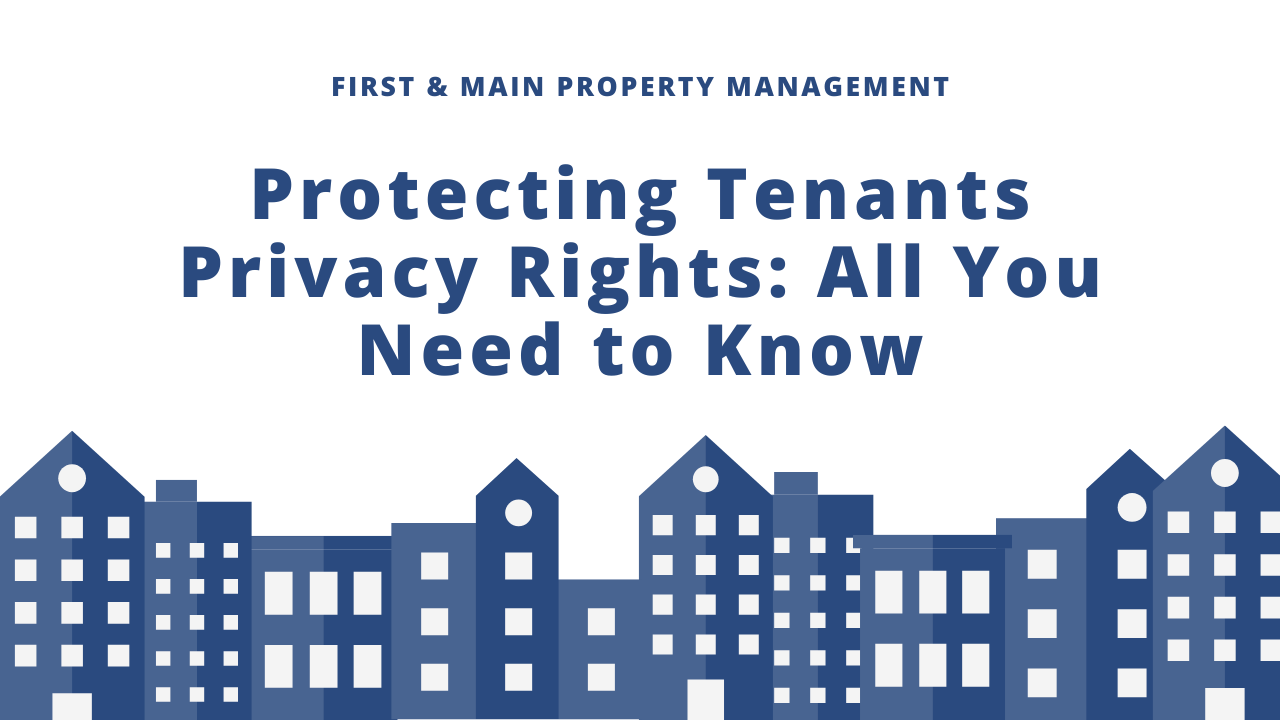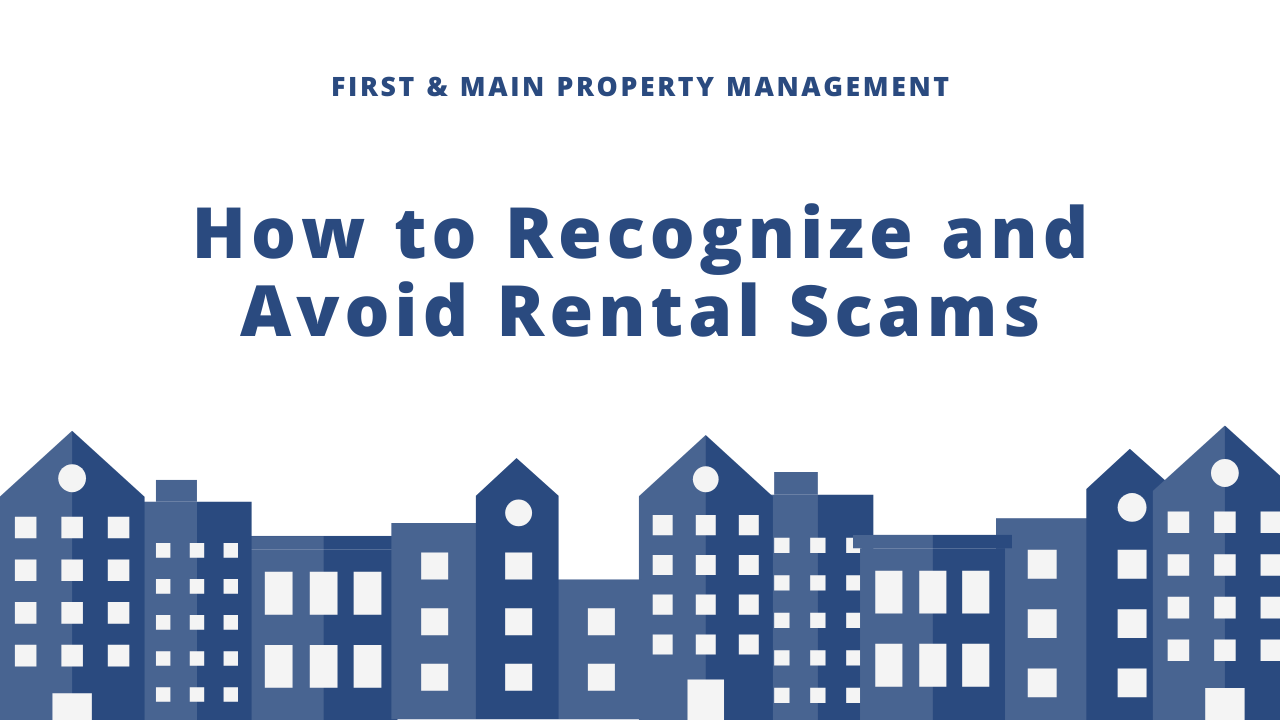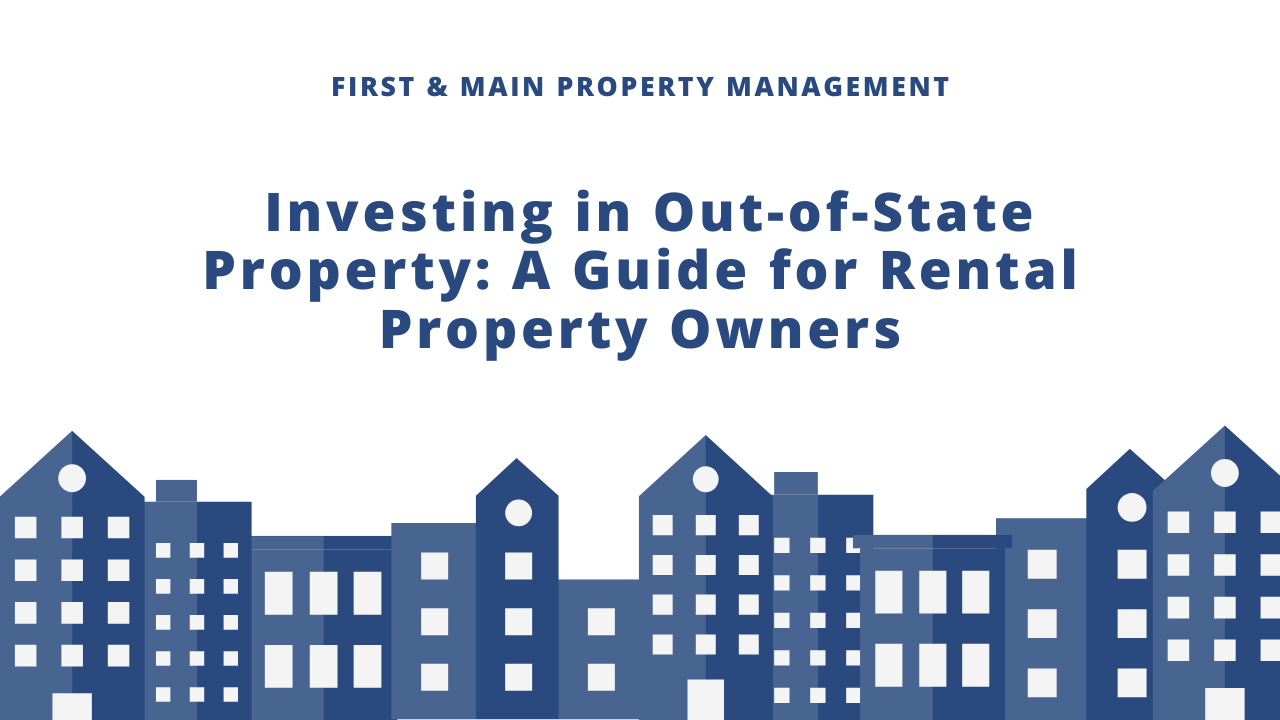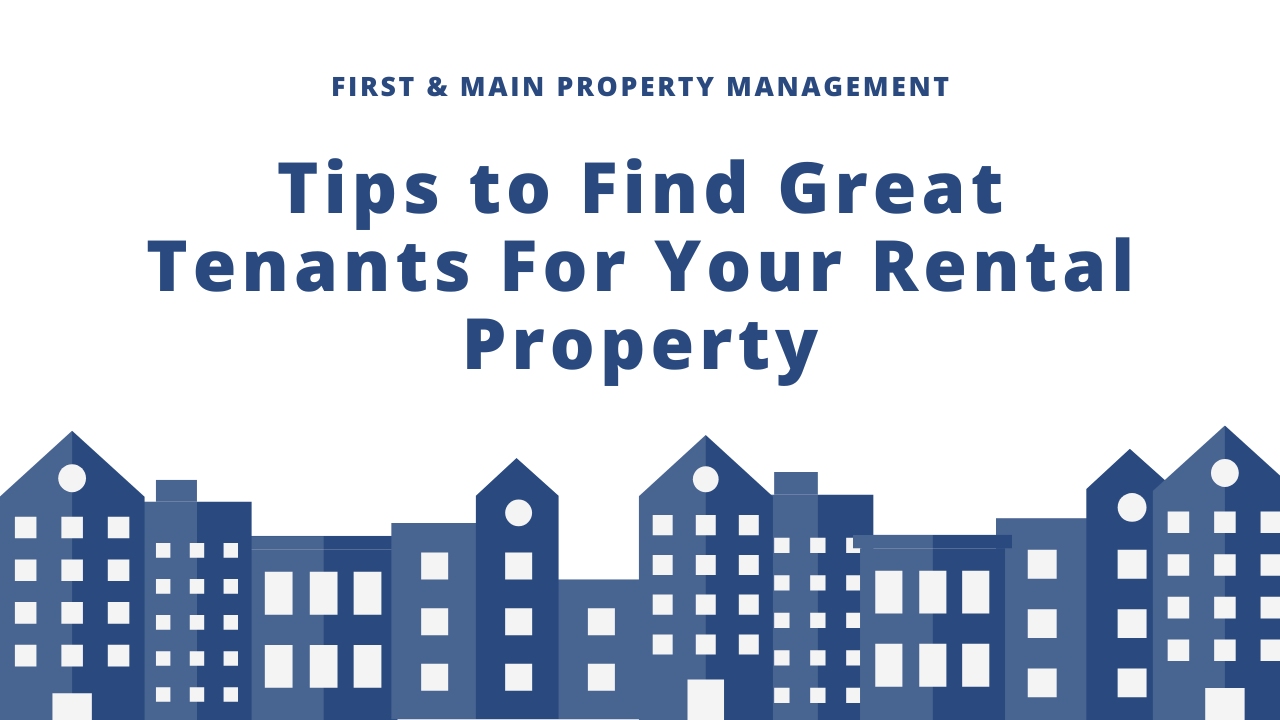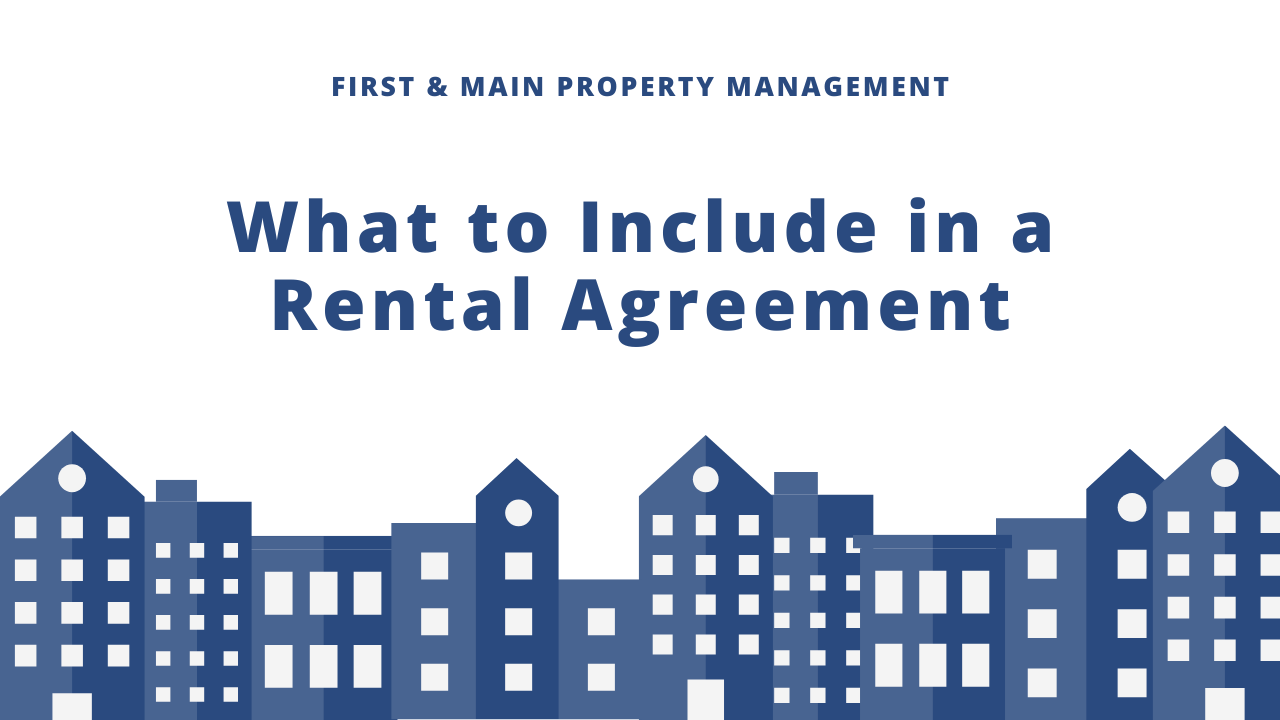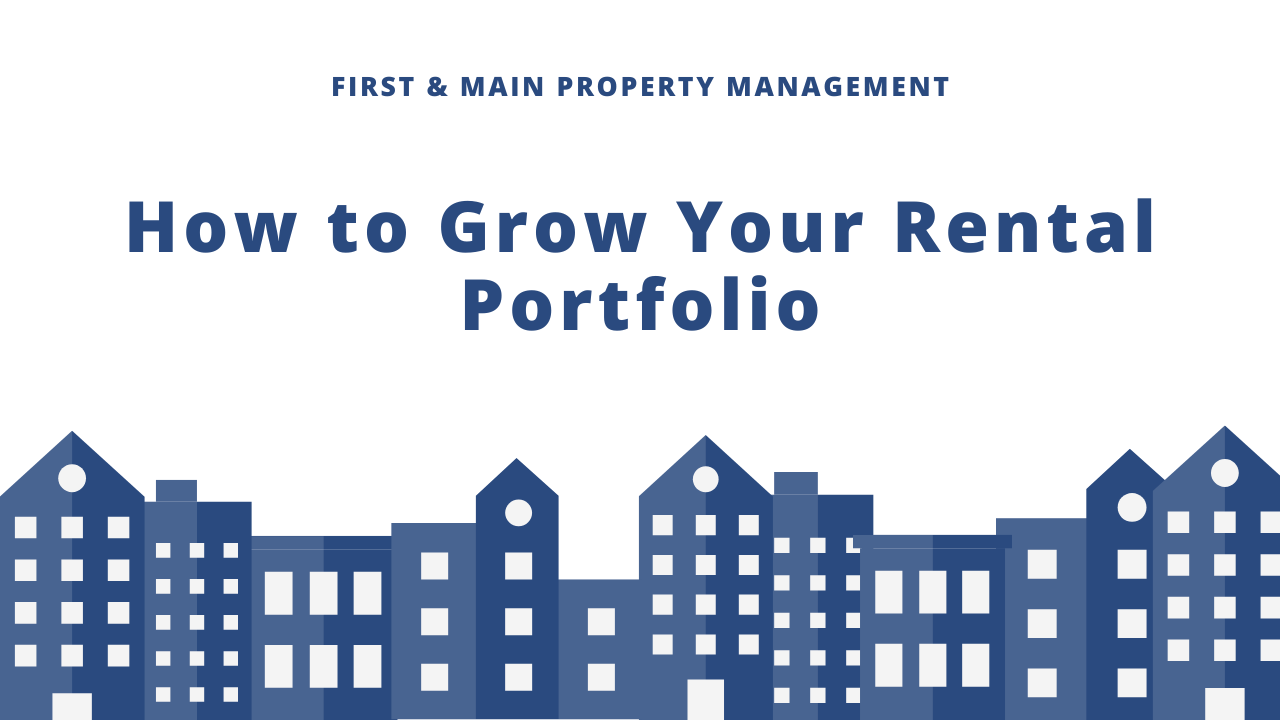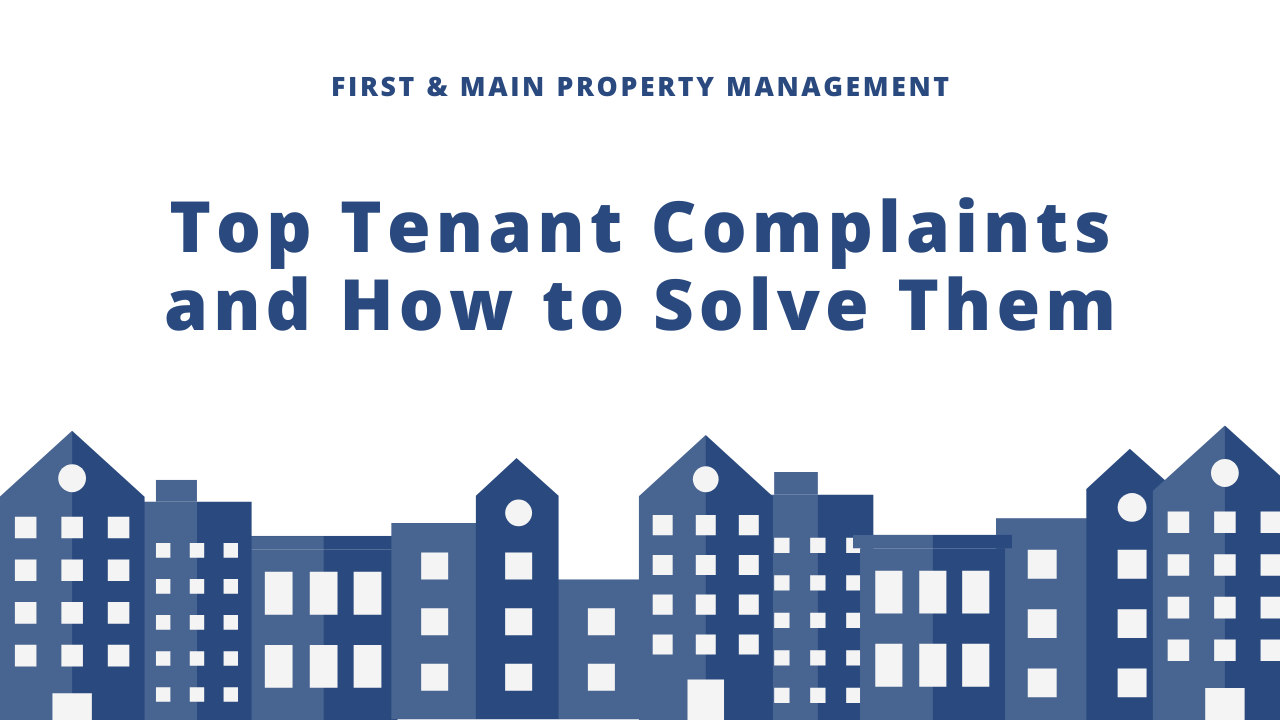Why Pet Screening Is Always a Good Idea
Americans are a nation of pet owners. According to Statista.com, in 2023 about 66 percent of American households are pet owners. The number keeps rising each year.
With that in mind, as a landlord, it makes sense to provide a pet-friendly rental. You may be able to charge more rent, attract a larger pool of tenants, improve retention rates, and attract responsible tenants.
That said, having a pet in your rental isn’t without its fair share of risks. Pets are known for scratching and clawing at furniture. Dogs also love to chew on furniture, carpets, and even electrical cords. Other types of pet damage include stained carpets, and digging of holes in the yard.
Fortunately for landlords, you won’t have to deal with such pet issues like excessive barking if you implement a proper pet screening process. Keep reading to know the answers to commonly asked questions regarding pet screening.
As a landlord, having a pet in your rental has many benefits for you. We made a small list of them for you.
Why Should Landlords Allow Pets in Their Rental Property?
Larger Pool of Tenants
According to a survey made by the American Pet Products Association, 86.9 million U.S. households own a pet. This means that a significant portion of renters are looking for a pet-friendly rental. As such, by having a pet friendly rental, you’ll be able to attract more prospective tenants.
Higher Rent and Longer Tenancies
There is a high demand for pet-friendly rentals. And the higher the demand, the more
rent you can charge for your pet-friendly unit. What’s more, studies have found that tenants with a pet tend to
stay in rental units for longer periods of time compared to those without.

Responsible Tenants
Generally speaking, tenants who are a responsible pet owner are more responsible than those without a pet. And because they are responsible for their pet’s behavior, they are also more likely to take good care of their rental.
What Is Pet Screening?
The pet screening process is similar to tenant screening. Pet screening allows landlord to evaluate the risk of allowing pets into your property. You will be able to know more about the pet’s health, personality, and behavior.
To conduct an effective pet-screening process, you must do several things. For one, you have to create a pet screening questionnaire. The following are some of the pet screening questions you will want to ask the prospective tenants on the pet screening application:
- What animal and breed is your pet?
- How much does your pet weigh?
- How long have you had this pet?
- Is your pet vaccinated? If so, can you provide the proof?
- Has your pet ever caused harm to another person or pet?
- Does your pet have behavioral issues?
- Is the pet housetrained?
In addition to requiring a pet screening questionnaire, you may also want to conduct an in-person pet interview. During pet interview, you want to look for things like the pet's body language, behavior, and overall health.
That said, please keep in mind that the pet may get nervous around new people. As such, the initial interaction may not provide a perfect reflection of their behavior.

What Clauses Should You Include in the Lease Agreement When It Comes to Pets?
As a landlord, it’s important to have a pet-screening policy to help protect your property and other tenants. The following are some of the things that you should consider including in the pet policies:
· The type and breed of pet allowed into the rental property.
· The weight of the pet .
· A requirement that the pet be up to date on their vaccinations.
· A requirement that the pet have insurance.
· A requirement that the tenant pay a pet deposit.
What About Emotional Support Animals?
Service and emotional support animals have certain special protections under the Americans with Disabilities Act (ADA) and the Federal Fair Housing Act (FHA). The following are some things you cannot do when interacting with tenants and their service or emotional support animals:
· Treat the tenant differently because they have assistance animals. For instance, try to evict them based on having service animals.
· Charge the tenant a deposit or a pet fee for having the emotional support pet.
· Refuse to rent to the tenant because of their pet’s weight, or training and certification.
· Require the tenant to keep their service animals in a particular way, such as in a kennel or crate.

Additionally, you must provide the tenant with reasonable accommodations and allow their requests for reasonable modifications. Examples of reasonable accommodations that you can provide the tenant with include the following:
· Waiving pet rent or pet security deposit.
· Removing restrictions on the breed or weight of a pet.
· Allowing the tenant to keep the service animal in any area, including common areas such as the swimming pool or laundry room.
· Allowing a tenant with service animals even with a “no-pets” policy.
Examples of reasonable modifications that you may be required to make include the following.
· Installing a ramp to the front door of the apartment.
· Widening the doorway to the bathroom to allow the support animal to pass through.
Of course, the specific accommodations and modifications will vary on the specific needs of the tenant and their emotional support animal.
Conclusion
Pet screening is always a good idea when allowing a pet into your rental property. Among other things, you may be able to reduce the risk of property damage, protect the safety of tenants and other neighbors, and reduce the risk of pet-related nuisance complaints.
If you need expert help in managing your rental property, First & Main Property Management can help. We are a trusted property management company in Napa, California. Get in touch to learn more!

